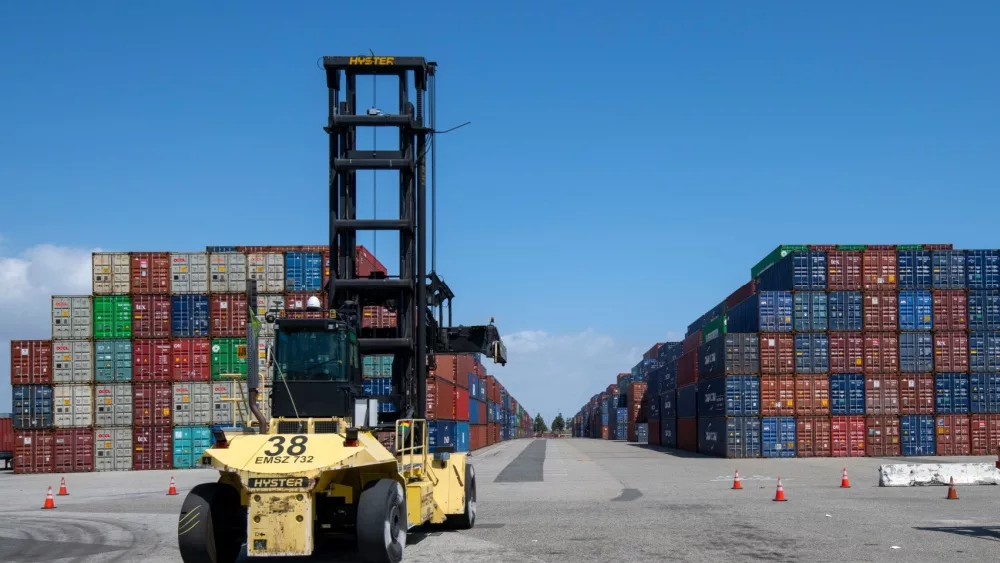
shutterstock_2457807647918143
Tens of thousands of U.S. dockworkers spanning from Maine to Texas walked off the job and went on strike early Tuesday, regarding issues including higher pay and more job security. The strike affects some 24,000 workers and at 14 ports, raising fears of the damage it could cost to the U.S. economy. The ports account for more than half of the nation’s container imports, facilitating the transport of everything from toys to fresh fruit to nuclear reactors.
In a statement to ABC News, the International Longshoremen’s Association (ILA) confirmed the union’s first coastwide strike in nearly 50 years was underway. The statement from ILA President Harold Daggett said that “tens of thousands of ILA rank-and-file members started to set up picket lines at shipping ports up and down the Atlantic and Gulf coasts as of 12:01 a.m. USMX brought on this strike when they decided to hold firm to foreign-owned ocean carriers earning billion-dollar profits at United States ports, but not compensate the American ILA longshore workers who perform the labor that brings them their wealth. We are prepared to fight as long as necessary, to stay out on strike for whatever period of time it takes, to get the wages and protections against automation our ILA members deserve … ILA longshore workers deserve to be compensated for the important work they do keeping American commerce moving and growing. Meanwhile, ILA dedicated longshore workers continue to be crippled by inflation due to USMX’s unfair wage packages.”
The work stoppage is the first at East and Gulf Coast ports since 1977, and comes after an impasse in labor talks between the International Longshoremen’s Association (ILA) and the United States Maritime Alliance (USMX), a shipping industry group representing terminal operators and ocean carriers. According to USMX, the dockworkers strike involve approximately 25,000 workers, and close 14 ports: Baltimore; Boston; Charleston, South Carolina; Jacksonville, Florida; Miami (USMX groups Port Everglades in Ford Lauderdale, Florida, with the Port of Miami); Houston; Mobile, Alabama; New Orleans; New York/New Jersey; Norfolk, Virginia; Philadelphia; Savannah, Georgia; Tampa, Florida; and Wilmington, Delaware (per CBS News.)
President Joe Biden released a statement on Tuesday calling for a fair offer from the U.S. Maritime Alliance or USMX: “It is time for USMX to negotiate a fair contract with the longshoremen that reflects the substantial contribution they’ve been making to our economic comeback. I have urged USMX, which represents a group of foreign-owned carriers, to come to the table and present a fair offer to the workers of the International Longshoremen’s Association that ensures they are paid appropriately in line with their invaluable contribution. Ocean carriers have made record profits since the pandemic and, in some cases, profits grew in excess of 800% compared to their profits prior to the pandemic. Executive compensation has grown in line with those profits and profits have been returned to shareholders at record rates. It’s only fair that workers, who put themselves at risk during the [COVID-19] pandemic to keep ports open, see a meaningful increase in their wages, as well.”
According to experts, a prolonged East Coast and Gulf Coast port strike could moderately increase prices for a range of goods, with food products are especially vulnerable to an uptick in price.
Editorial credit: Robert V Schwemmer / Shutterstock.com














